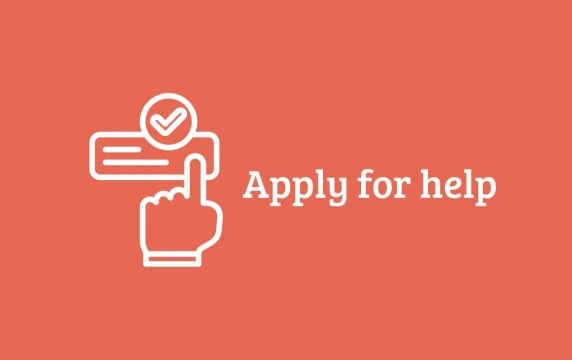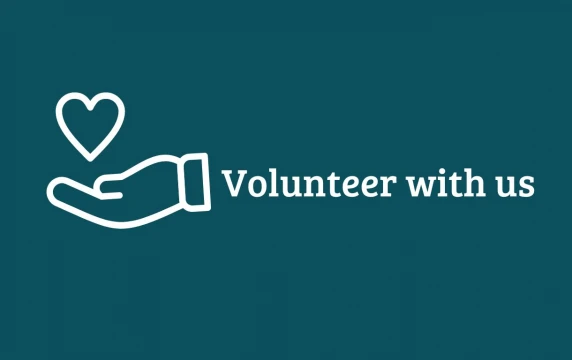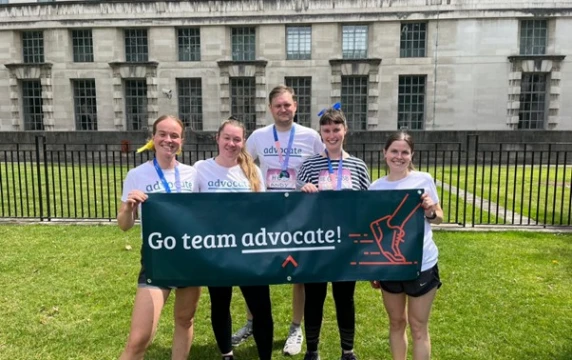At what stage in your career did you take on your first pro bono case?
Shortly after completing my pupillage.
Why did you decide to undertake pro bono work?
I regularly see how difficult it is for litigants in person to represent themselves, despite help from judges. The playing field is often far from level. I came to appreciate that the knowledge that I had acquired would be invaluable to a person who was experiencing a difficult unwelcome chapter in their lives and sometimes doing so alone. Overall it means little for me to take a day from fee paid work, but my assistance means so much to the pro bono client.
When the UK went into lockdown, I found a few spare hours and wanted to keep as busy as possible. I saw others helping others and wondered how I could do my part. I saw that Advocate was in as much need as ever before for volunteers to undertake work and so I thought that now was a good time to set myself a challenge of doing more pro bono work. 100 hours in a year seemed like an ambitious but hopefully realistic goal. At the time of writing (October 2020) I am on 55 hours with four more days of pro bono work in the work diary, so I am on track!
What was the most memorable case you worked on, and what did you do?
A case involving a child contact dispute. Such proceedings are frequently frustrating for parents. My advice was able to highlight the applicable law, different outcomes and options available, which are often not so clear to a parent when the emotion is so consuming.
What effect did pro bono work have on your career?
It exposed me to new aspects of family law which, despite family being my main area of practice, I had not come across before.
What is the most rewarding thing about doing pro bono work?
Realising how much your guidance has helped a pro bono client and, with an element of reflection, appreciating how without your guidance the process for that client would have been so much more of a minefield anchored by stress.
What advice would you give to any barrister unsure about whether to start doing pro bono work?
Try a case that reflects the type of case that you are often involved in. The preparation will not be too laborious. Your knowledge and experience will be invaluable to a pro bono client. Once you’ve completed the case, reflect and appreciate how your time, effort and assistance has made the difficult and uncertain time even just a little easier for that person. Thereafter, you’ll no doubt want to do more.







